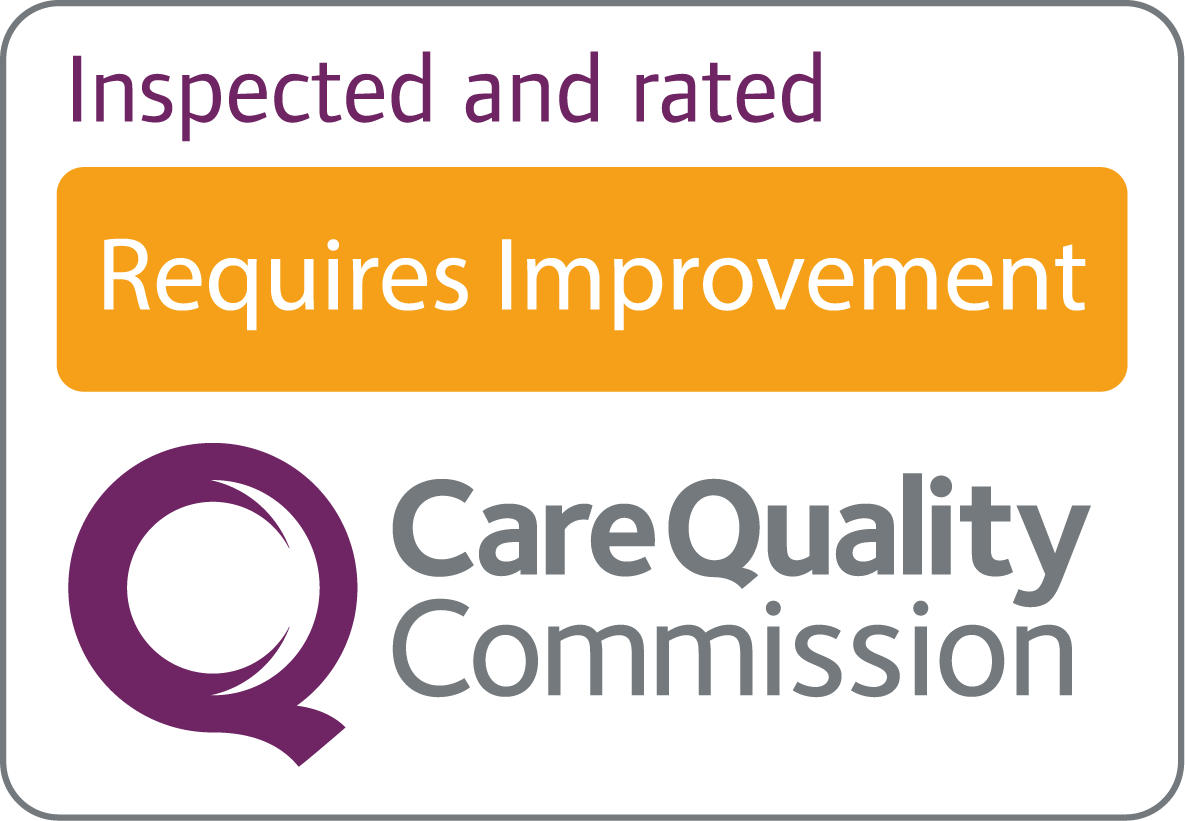What entails discharge planning?
Discharge planning involves deciding comprehensively on what it is a patient needs in order to experience a smooth transition of care. Once the doctors give them a pass and authorise their discharge, then the caregivers or the specialised workers can proceed with the completion of the discharge planning.
A hospital ward can be uncomfortable and a potential source of infections. Providing care at home, therefore, feels comfortable and familiar to the patient and is settling to the rest of the family. Taking time to plan a stay-at-home discharge plan is important to avoid bumping into problems because of making hasty decisions.
The process involved in the discharge planning is;
- Making the evaluation and assessment of the patient by the expert/ qualified person or team
- Holding a discussion with the patient or someone who represents them
- Careful planning in the transition to a level of care perhaps to another facility
- Deciding on the best kind of support for them
- Making arrangements for check-ups or follow-up appointments
Discussions to hold when arranging discharge planning
- Types of care necessary or available for the patient
- Where the post-discharge care will be
- Information on the patient’s health and whether it is likely to improve
- Medication and diet information
- Activities the patient might need help with
- Any extra equipment that will be required
Role of a caregiver in discharge planning
A caregiver is important during this time because some needs the patient will have might be quite complicated. The caregiver is an expert who will walk your loved one through their recovery process providing all the necessary support, supervision and care.
- A caregiver is tasked with carrying out some duties and assistance for the patient. Some may include giving medication or driving and cooking
- Requesting additional resources for the patient from the doctor
- Monitoring the patient’s symptoms
- They act as a source of comfort because the patient might experience anxiety if they are by themselves, this feeling, therefore, can be reduced
- They can act as translators to the health care provider




